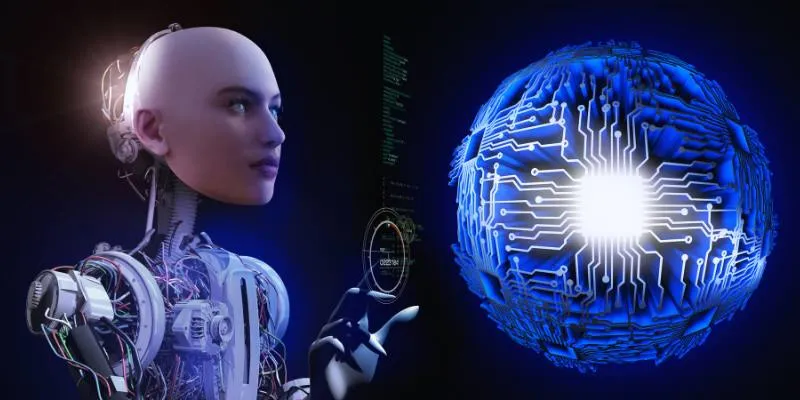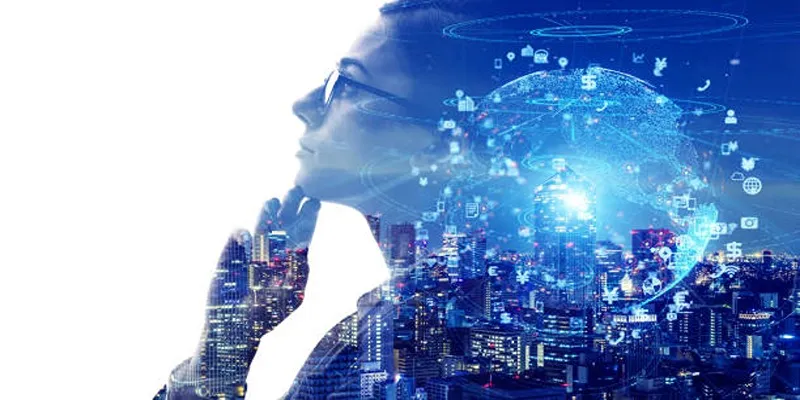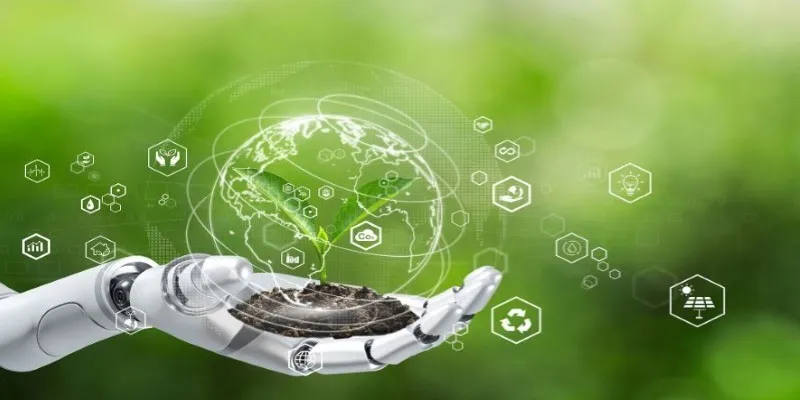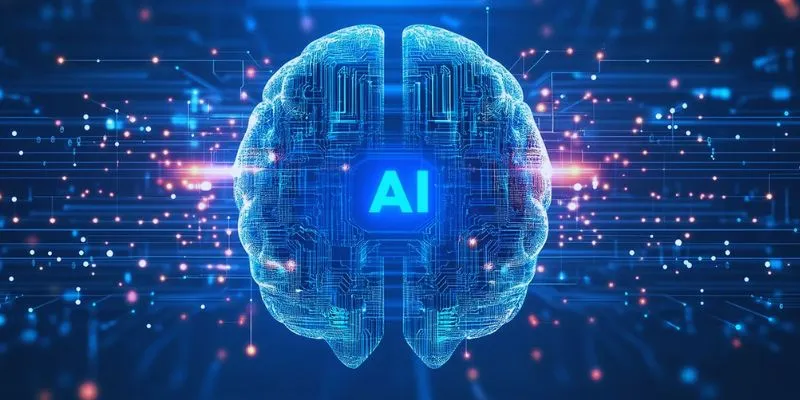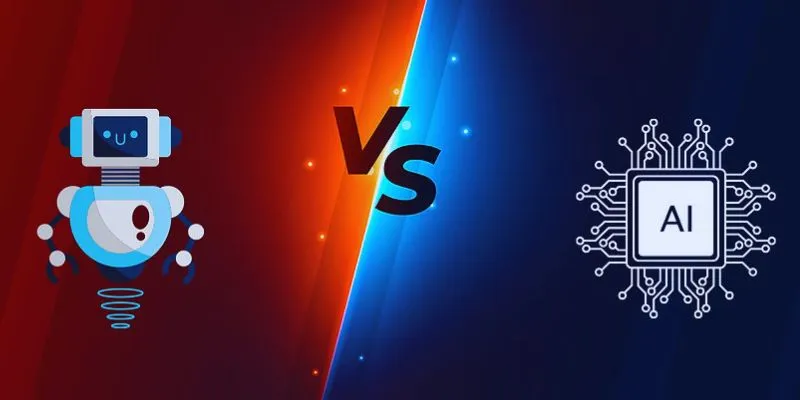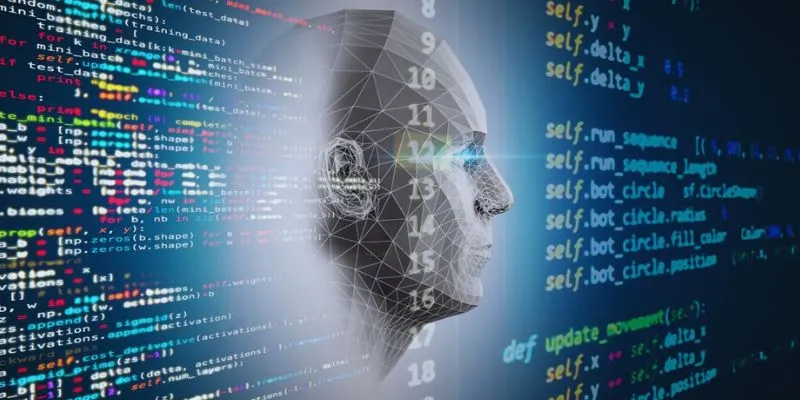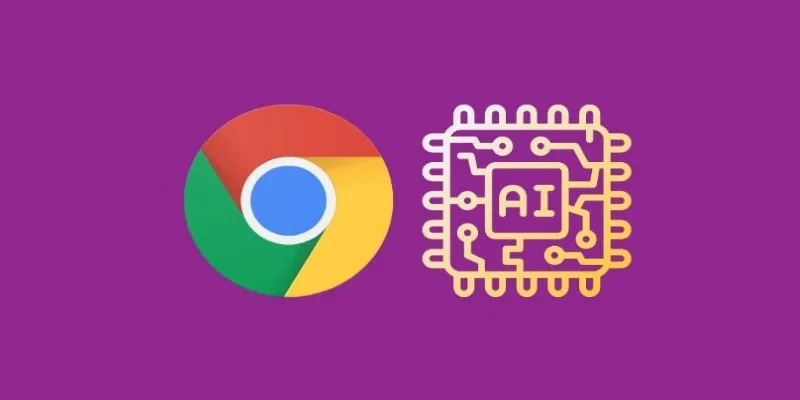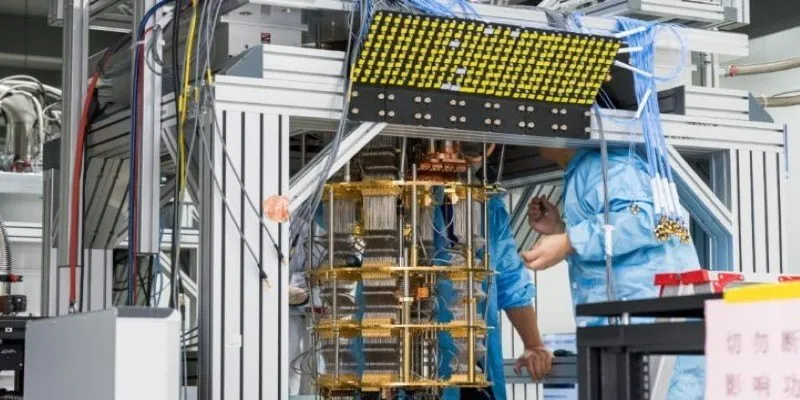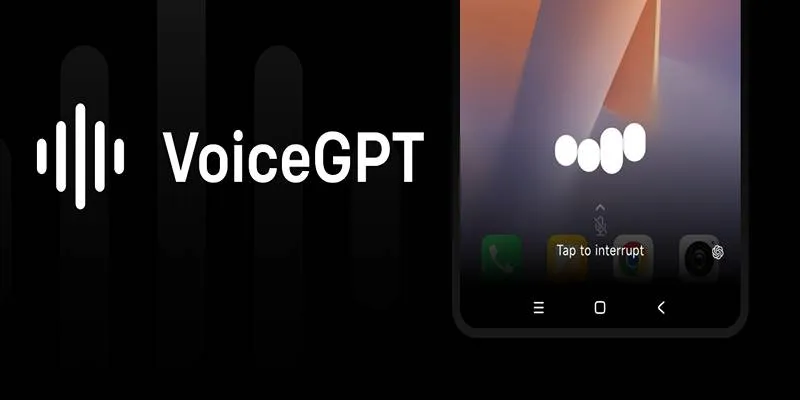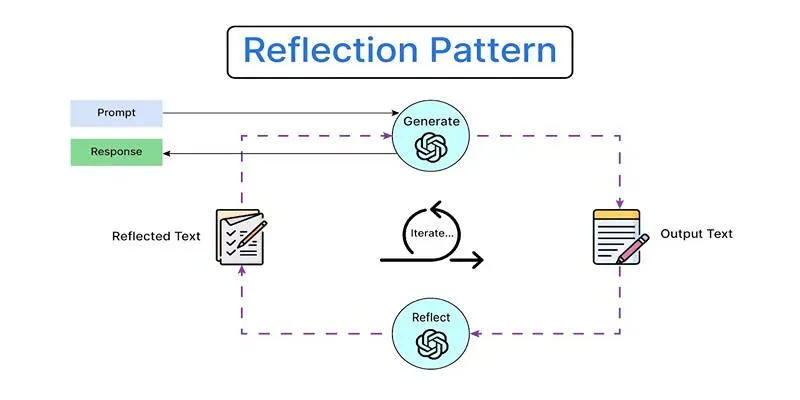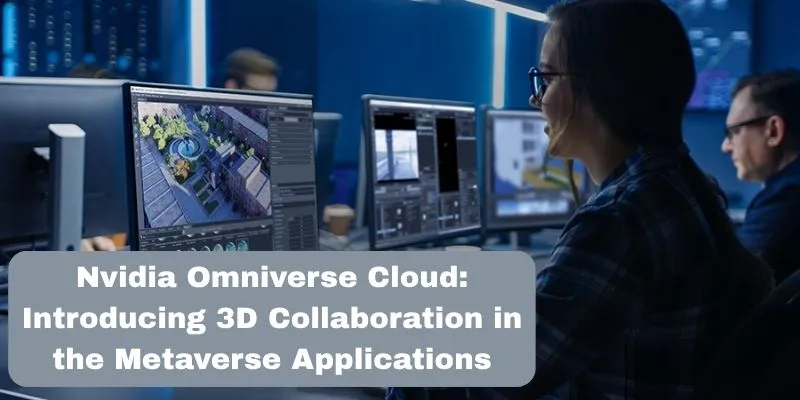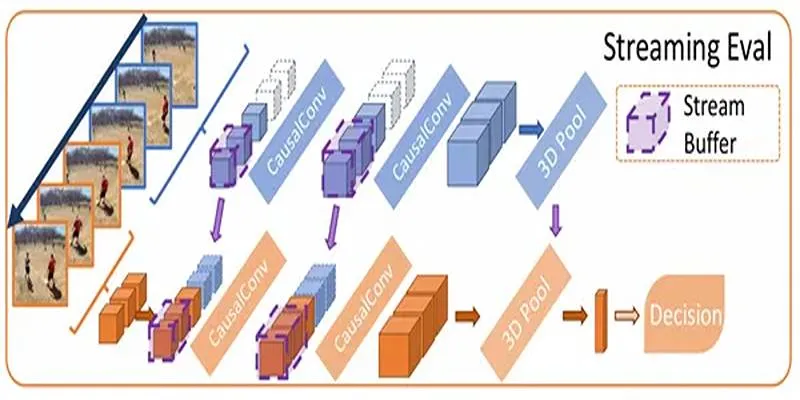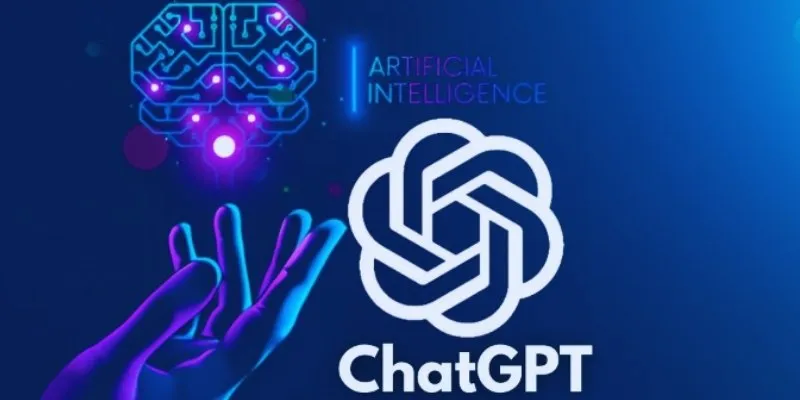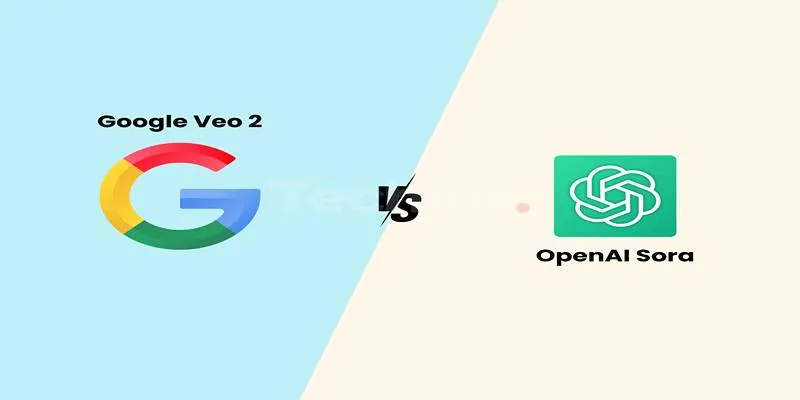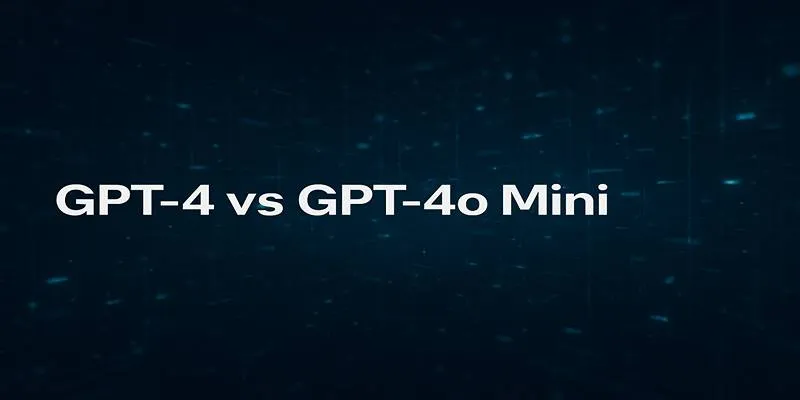Unveiling the Power of Generative AI: Transforming Creativity and Industries

Generative AI is a buzzword gaining traction in the tech world, but what does it truly entail? In simple terms, Generative AI refers to advanced algorithms and models capable of creating new content—be it text, images, music, or videos—based on the data they’ve been trained on. Unlike traditional AI, which primarily focuses on data analysis and predictions, Generative AI learns from existing data to craft something entirely original. This innovation has the potential to revolutionize various industries.
In this article, we’ll delve into the essence of Generative AI, explore its key applications, and discuss its potential impact on the future of technology, creativity, and society.
Understanding Generative AI
Generative AI is not just about number-crunching or following rules; it’s about scaling creativity. At its core, it’s a technology that learns patterns, structures, and nuances from vast datasets, applying this understanding to generate something new. Unlike traditional AI, which often sorts, labels, or predicts, Generative AI excels by creating.
Imagine it as an artist who has studied thousands of paintings and can now craft masterpieces—not by imitation but with an understanding of what makes art visually appealing. A model trained on landscapes, for example, won’t merely replicate existing images; it will create stunning, never-before-seen landscapes that appear natural. The same applies to writing, music, product design, and even interactive virtual worlds.
Generative AI has the potential to redefine creativity itself. Envision an AI co-authoring your next book, composing a symphony in your style, or aiding in the creation of a product that doesn’t yet exist. It’s not just automation—it’s on-demand inspiration that pushes the boundaries of art, entertainment, and innovation.
Applications of Generative AI
Generative AI is already causing ripples across various fields. Its ability to produce realistic, high-quality content is transforming industries such as entertainment, healthcare, finance, and beyond. Let’s explore some of the most exciting and practical applications.
Content Creation and Entertainment
Generative AI has revolutionized content creation by generating coherent, creative text and multimedia. Tools like GPT models can write articles, poetry, and assist with technical writing. In entertainment, AI creates music, art, and even hyper-realistic deepfakes. While deepfakes raise ethical concerns, they underscore the immense potential of generative models in delivering high-quality digital content across diverse creative industries.
Healthcare and Drug Discovery
In healthcare, Generative AI aids in drug discovery by suggesting new compounds from molecular data, expediting treatment research. It also assists in medical imaging by generating synthetic images for training AI models or aiding doctors in diagnosing diseases. This technology can simulate rare conditions, providing valuable training data for healthcare professionals to enhance diagnostic accuracy and treatment development.
Fashion and Design
In fashion and design, Generative AI helps create new clothing patterns, colors, and designs. By analyzing trends, it suggests designs tailored to specific markets, enabling mass personalization. AI-driven tools allow custom clothing design based on individual preferences, facilitating the production of unique fashion items while accelerating prototyping and design processes in product development.
Business and Marketing
Generative AI enhances marketing by crafting personalized advertisements based on user behavior, boosting engagement and conversion rates. It also powers chatbots and virtual assistants that generate human-like responses, improving customer service efficiency. Businesses leverage these tools to automate support while ensuring personalized interactions, enabling scalable and responsive customer service without compromising quality or user experience.
The Impact of Generative AI
While the potential for innovation is vast, Generative AI is not without its challenges and concerns. Ethical, societal, and technical issues need careful consideration.
Ethical Concerns
One pressing concern is the misuse of Generative AI. Deepfake videos, for example, have been exploited to create fake news, spread misinformation, or harm reputations. In the wrong hands, generative models can manipulate public opinion, influence elections, or deceive individuals.
The issue of authorship and ownership also arises. If an AI creates an artwork, who holds the copyright—the creator of the AI model, the person who trained it, or the AI itself? These questions challenge traditional notions of creativity, authorship, and intellectual property.
Economic and Job Market Impact
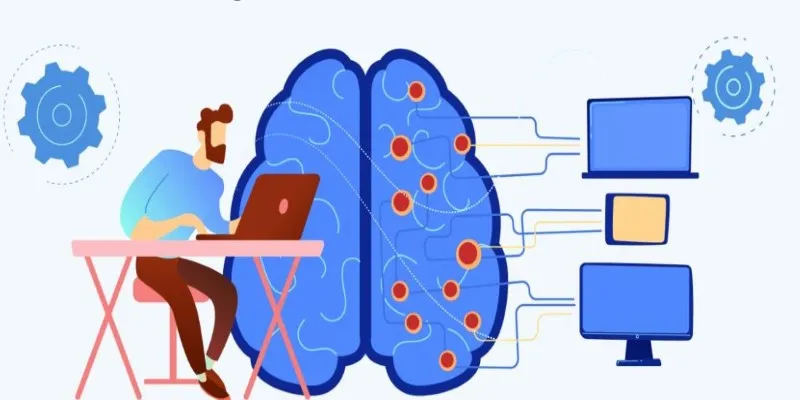
Generative AI also prompts questions about the future of work. As AI becomes more proficient at generating content and performing creative tasks, concerns about job displacement arise, particularly in industries like writing, design, and entertainment. While AI tools can augment human creativity and boost productivity, they may also replace certain roles. Society must explore ways to integrate AI into the workforce without marginalizing large groups of people.
Technical Limitations and Risks
From a technical standpoint, challenges remain in making generative models more reliable and less prone to errors. For instance, Generative AI models sometimes produce biased, inaccurate, or nonsensical outputs. If trained on biased data, AI can perpetuate or amplify those biases in its generated content, posing serious risks, especially in sensitive fields like healthcare or criminal justice.
Moreover, generative models demand substantial data and computational power, making their development resource-intensive. This raises concerns about their environmental impact and accessibility for smaller companies or developing nations.
Conclusion
Generative AI is a groundbreaking technology revolutionizing industries from healthcare to entertainment and marketing. Its ability to create realistic, high-quality content is transforming our approach to creativity, problem-solving, and productivity. While challenges persist, such as ethical concerns and potential job displacement, the benefits are immense. As generative models evolve, they will continue shaping the future of technology, offering innovative solutions across various sectors.
 zfn9
zfn9


